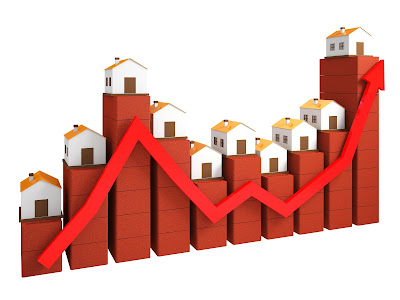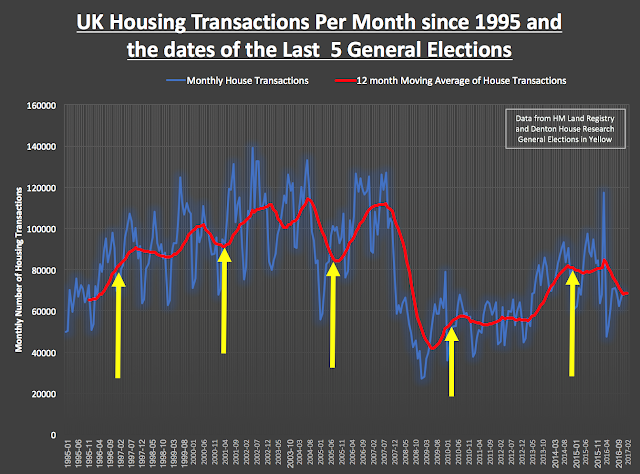12.45% of Falmouth
home owning OAP’s are in poor health
But if you look at the figures for the whole of Cornwall Council
(not just Falmouth), there are
only 1,142 specific retirement homes that one could buy (if they were in fact
for sale) and 2,174 homes available to rent from the Council and other
specialist providers (again- you would be waiting for dead man’s shoes to get
your foot in the door) and many older homeowners wouldn’t feel comfortable with
the idea of renting a retirement property after enjoying the security of owning
their own home for most of their adult lives.
My intuition tells me the majority ‘would be’ Falmouth downsizers
could certainly afford to move but are staying put in bigger family homes
because they can't find a suitable smaller property. The fact is there
simply aren’t enough bungalows for the healthy older members of the Falmouth
population and specialist retirement properties for the ones who aren’t in such
good health. We have pleaded for the umpteenth time we need to build more appropriate houses in Falmouth!!
The
Government's Housing White Paper, published a few months ago, could have solved
so many problems with the UK housing market, including the issue of homing our
aging population. Instead, it ended up feeling annoyingly ambiguous. Forcing our older generation to
move with such measures as a punitive taxation (say a tax on wasted bedrooms
for people who are retired) would be the wrong thing to do. Instead of the
stick – maybe the Government could use the carrot tactics and offered tax
breaks for downsizers. Who knows – but something has to happen?
.. and come
to think about it, isn’t the word ‘downsize’ such an awful word? I prefer to use the word ‘decent-size’ instead
of ‘down-size’- as the other phrase feels like they are lowering themselves, as
though they are having to downgrade themselves in their retirement (and let’s
be frank – no one likes to be downgraded).
The simple fact is we are living longer as a population and constantly
growing with increased birth rates and immigration. So, what I would say to all
the homeowners and property owning public of Falmouth is ... more houses and decent sized apartments need to be built
in the Falmouth area, particularly more
specialist retirement properties and bungalows. The Government had a golden
opportunity with the White Paper – and were sadly found lacking.
And a message to my Falmouth property investor
readers whilst this issue gets sorted in the coming decade(s) – maybe seriously consider refurbishing older
bungalows – people will pay handsomely for them – whether that it is for sale
or rent? Just a thought..
Look after the older generation after all we will be there one day.......soon!
Look after the older generation after all we will be there one day.......soon!
Notes









